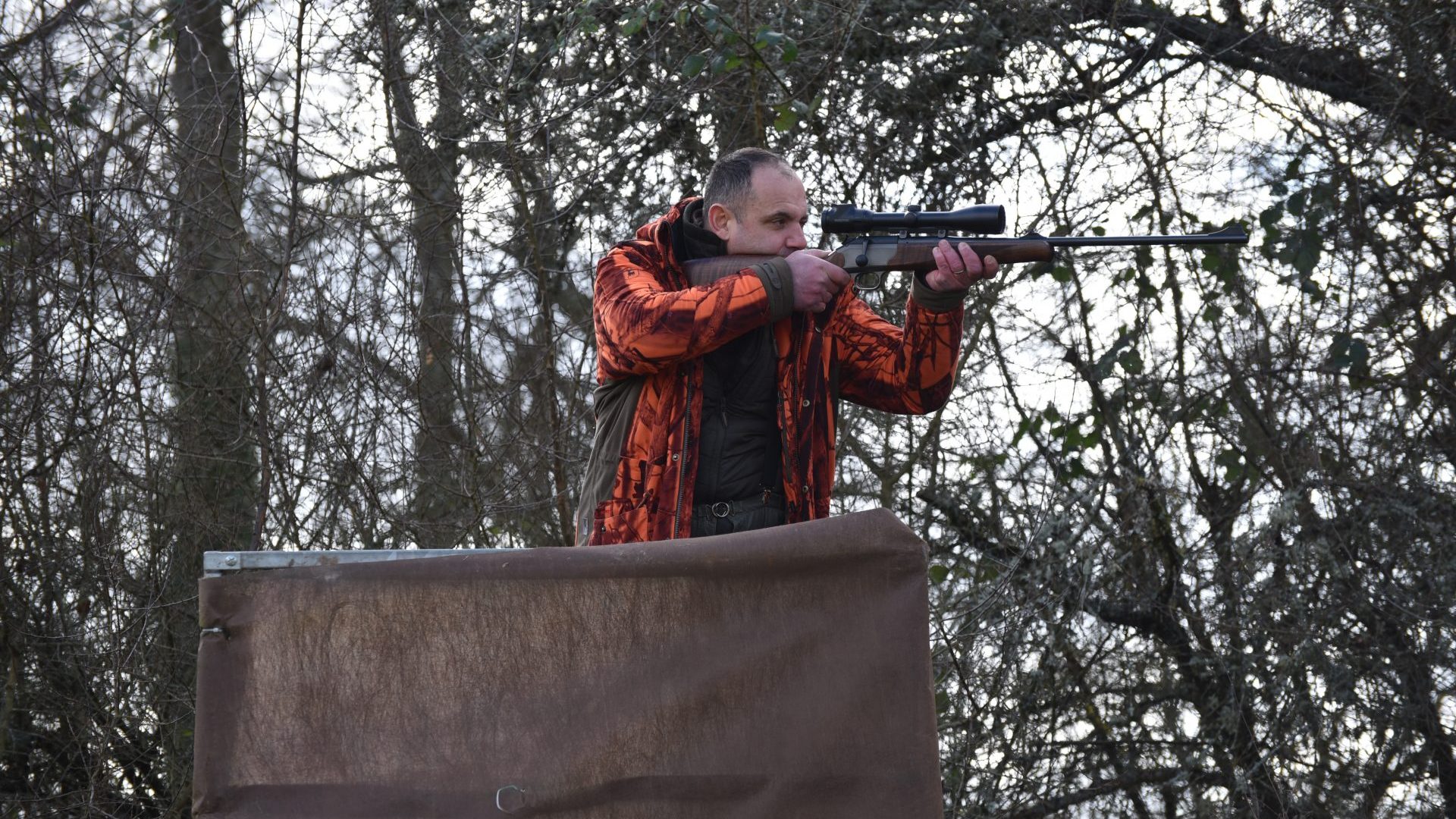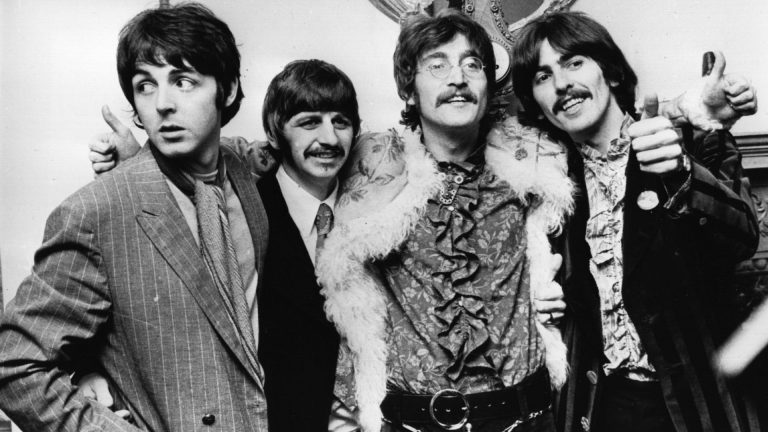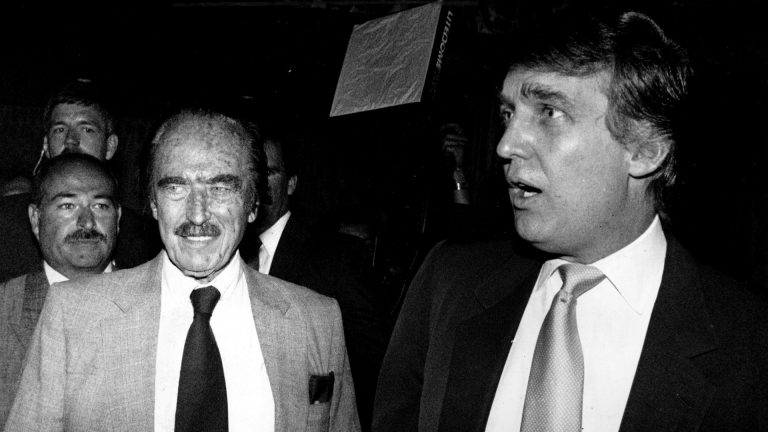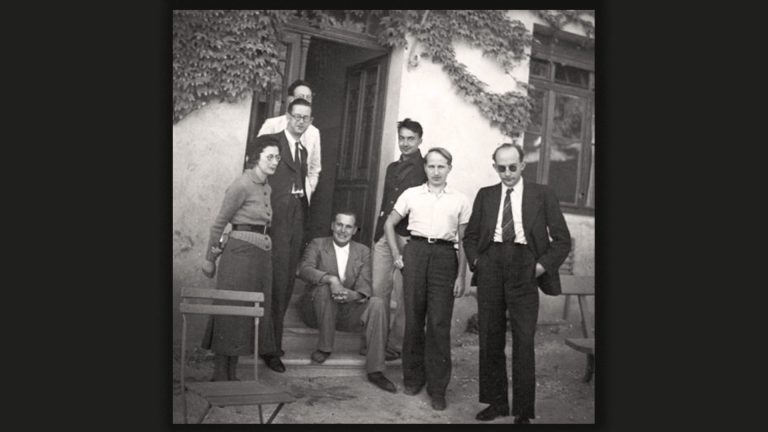Mila Sanchez jumps across a running stream, breathes in deeply and looks up at the sky. “It’s so peaceful here”, she sighs. “In the French countryside, especially at this time of year, you can hear gunshots everywhere – I don’t feel safe going for walks.”
Mila, a 25-year-old from south-west France, is a postgraduate student in Wales. As we stroll through woodland near her university campus she tells me about her childhood friend, Morgan Keane. They were schoolmates and grew up together in the Lot, a sparsely populated region of mountain gorges, vineyards and wooded valleys.
She tells me that Morgan loved the countryside and lived in an isolated hamlet where he planted trees and grew vegetables. On December 2 2020, he was cutting wood in his garden with a chainsaw when he was shot by a hunter who said that he mistook the young man for a wild boar.
“That’s hard to believe”, says Mila. “Morgan was more than 6ft tall, he was making a lot of noise and he was wearing fluorescent orange ear protectors. But the bullet hit him in the chest and he died straight away.”
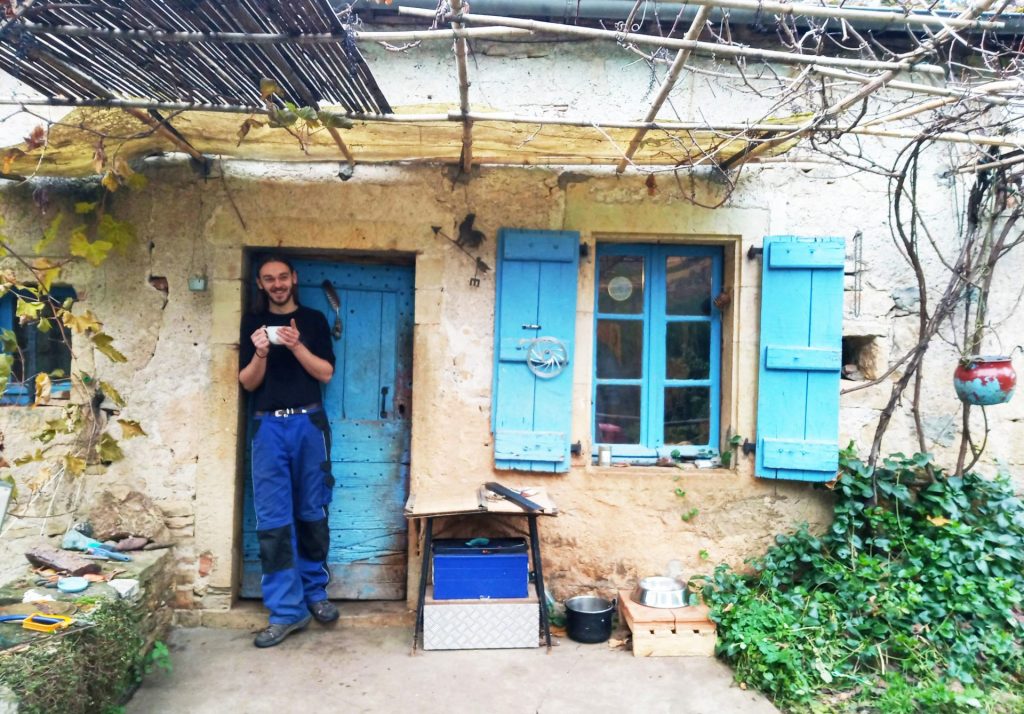
To Mila’s astonishment, the public prosecutor for the Lot region insisted all the safety rules had been followed.
“What kind of safety rules can lead to the death of somebody in their own garden?” she asks. The investigation into the accident is ongoing and a trial is expected later this year.
Mila posted her account of Morgan’s death on social media and within days received more than 100 replies from people across France complaining about trigger-happy hunters. She has collected dozens of graphic images showing injuries and near-accidents caused by stray bullets. In one video, a man explains how a bullet came through his kitchen window, then sailed through his living room before hitting a wall just above his daughter’s bed.
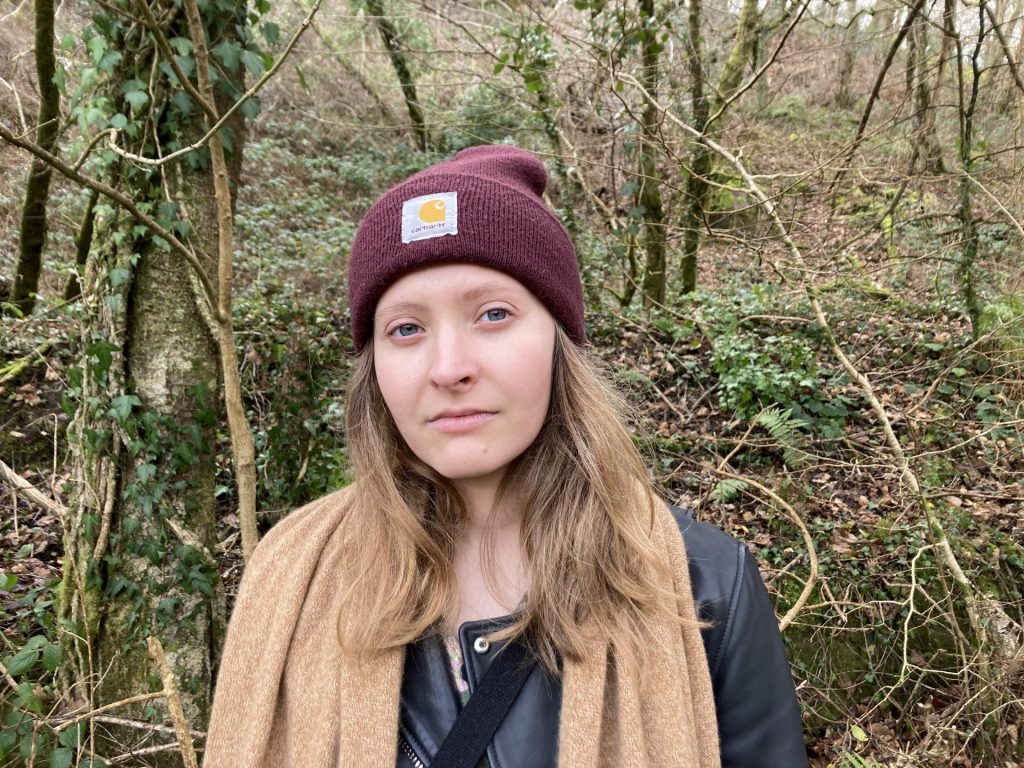
According to the French government, on average there are 158 hunting accidents each year and around 20 prove fatal. But these figures don’t include narrow escapes when bullets fly into people’s homes and their cars, nor the killing or maiming of farm animals and household pets.
“Hearing all these awful stories, we needed to take action,” says Mila. “I wanted to do something useful with my grief to stop what happened to Morgan from happening again.”
Mila and her friends created a campaign group called Un Jour Un Chasseur – One Day, A Hunter – to underline the frequency of hunting accidents. They collected more than 120,000 signatures and launched a petition on the Senate’s website, forcing the upper house of the French parliament to establish a special commission on hunting and safety. Mila and her friend Léa Jaillard addressed the commission last December. It is due to report back in July.
In France, unlike in many other European countries, hunting is allowed every day during the season, which can run for anything from six to 10 months of the year. Mila wants at least two hunt-free days per week, strictly enforced safety perimeters around people’s homes, tougher penalties for hunters who cause accidents and a ban on drinking alcohol while handling a gun.
This January the government introduced a new registration system for firearms and has promised to carry out regular checks on gun owners.
But in February, just one month later, Mélodie Cauffet was hiking with a friend along a marked trail in the Cantal region when she was hit by a stray bullet. Like Morgan she was 25 years old and she died instantly. The trigger was pulled by a teenage girl taking part in an organised wild boar hunt in the forest. She had received her hunting licence the previous year when she turned 16.
Last October a pensioner driving on a dual carriageway in Brittany was hit in the neck by a hunter’s bullet. Joel Viard, a former soldier, slumped forward on the wheel. Somehow, his cousin in the passenger seat managed to steer the car on to the hard shoulder. Joel, aged 69, later died in hospital.
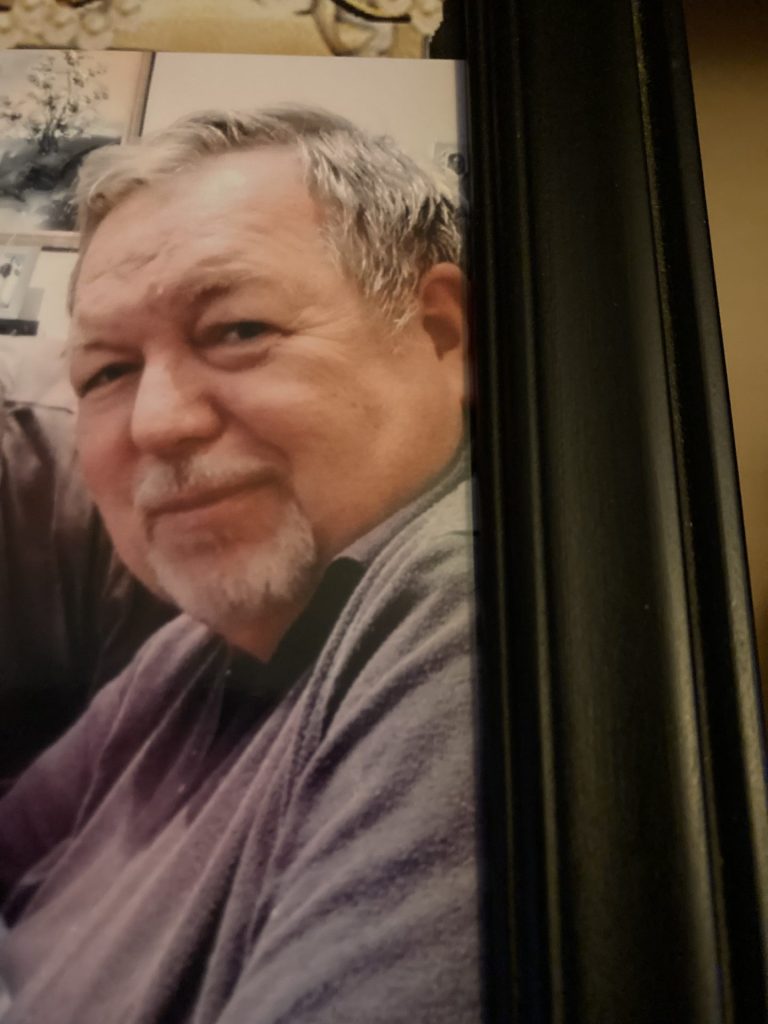
Françoise Louapre, the mayor of the village of Laillé near the scene of the accident, stresses that she is not anti-hunting. She believes that the wild boar population must be kept under control because of the damage they cause to farmers’ crops.
But the mayor worries that some guns, with a range of up to five kilometres, are too powerful for the average hunter. “Twenty years ago people didn’t have these kind of weapons,” she says. “Now whoever has money and wants to show off buys a big rifle. He can buy one in the morning and go hunting in the afternoon even if doesn’t know how to use it.”
Willy Schraen, head of the National Federation of Hunters, shrugs off such concerns. He greets me in his Paris office decorated with antlers, a stuffed fox and other hunting trophies. “Zero risk does not exist anywhere,” he says. “Do you think we should stop skiing in France because every year some people get killed on the slopes?” He adds that the Federation is planning regular training on safety procedures for its members. Previously, once hunters got their licences, they didn’t have to pass any further tests.
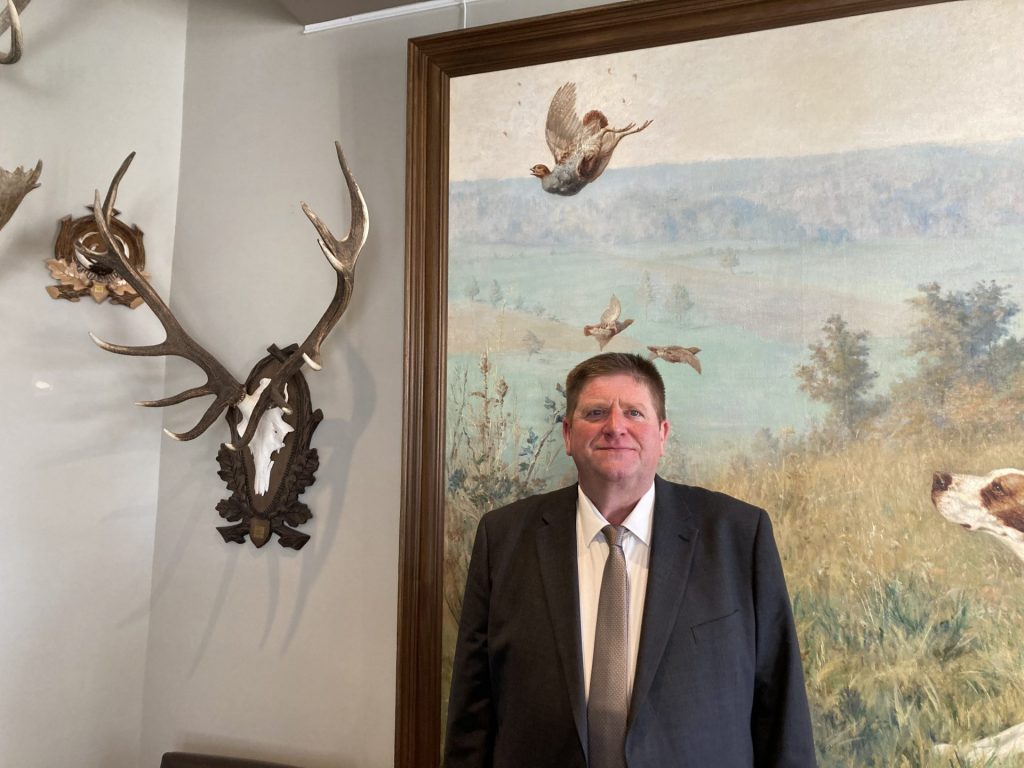
If Schraen seems relaxed, it is because he has the backing of the French president. When Emmanuel Macron came to power, he halved the cost of the national hunting permit and celebrated his 40th birthday with hunters at a chateau in the Loire Valley. Macron, dismissed by some as an out-of-touch urbanite, was eager to court the hunting lobby, a key constituency in the countryside.
Schraen has said that he would vote for Macron from the first round of the elections because the president has not adopted a single law or amendment that could damage hunting during his first term. He has praised Macron for intervening each and every time the hunters have had “a problem with a Minister of Ecology”.
Hunting in France is officially regulated by the office for biodiversity at the Ecology Ministry, something that rankles with Schraen. “We come under the control of a ministry that wants to see us disappear,” he tells me. “We are in the hands of people who are in charge of hunting and who do everything they can, 365 days a year, to find a way to destroy us. Nobody would accept that. It’s like putting a vegan in charge of livestock breeding in France.”
Schraen sees hunting as one of the proudest achievements of the French Revolution. It used to be reserved for the nobility, but after 1789 it was opened up to all social classes. Only football and rugby are more popular. Yet since the 1970s, the number of officially registered hunters has been dropping and most are men over the age of 45.
Opposition from safety campaigners like Mila as well as from animal rights activists, is growing. Recent polls suggest more than half of French people have a negative view of hunting, and more than two-thirds want restrictions on hunting at weekends.
Marine Le Pen, the right wing nationalist who is closing in on Emmanuel Macron in the polls, is faced with a tricky balancing act. On the one hand, to soften her xenophobic image, she often posts pictures of herself cuddling cats on Instagram and has embraced animal rights activists such as the film star Brigitte Bardot. But she also needs to keep the pro-hunting lobby on board. Gilbert Collard, one of the two Front National deputies elected to the French parliament in 2012, is a passionate advocate of hunting and bull fighting in his constituency of Nîmes in south-east France. The party also put up leading members of the hunting fraternity from northern France as candidates in the last regional elections.
Mila’s safety campaign caught the attention of presidential hopefuls this spring. Yannick Jadot, the Green party candidate, has called for a ban on hunting at weekends and school holidays to allow walkers, cyclists and others to enjoy the countryside in peace. Jean-Luc Mélenchon, head of the left wing party La France Insoumise (Rebellious France) demands tighter controls on gun sales.
Mila continues to track violations of the hunting rules. Earlier this month, for example, in the Lot, near the place where Morgan died last year, a hunt director was sanctioned for driving with his rifle on his lap, half sticking out of the car window. She is determined to continue her crusade to honour her friend’s memory.
“Why should an innocent bystander die just because somebody else wants to have fun killing animals?” she says. “It is completely unacceptable.”


